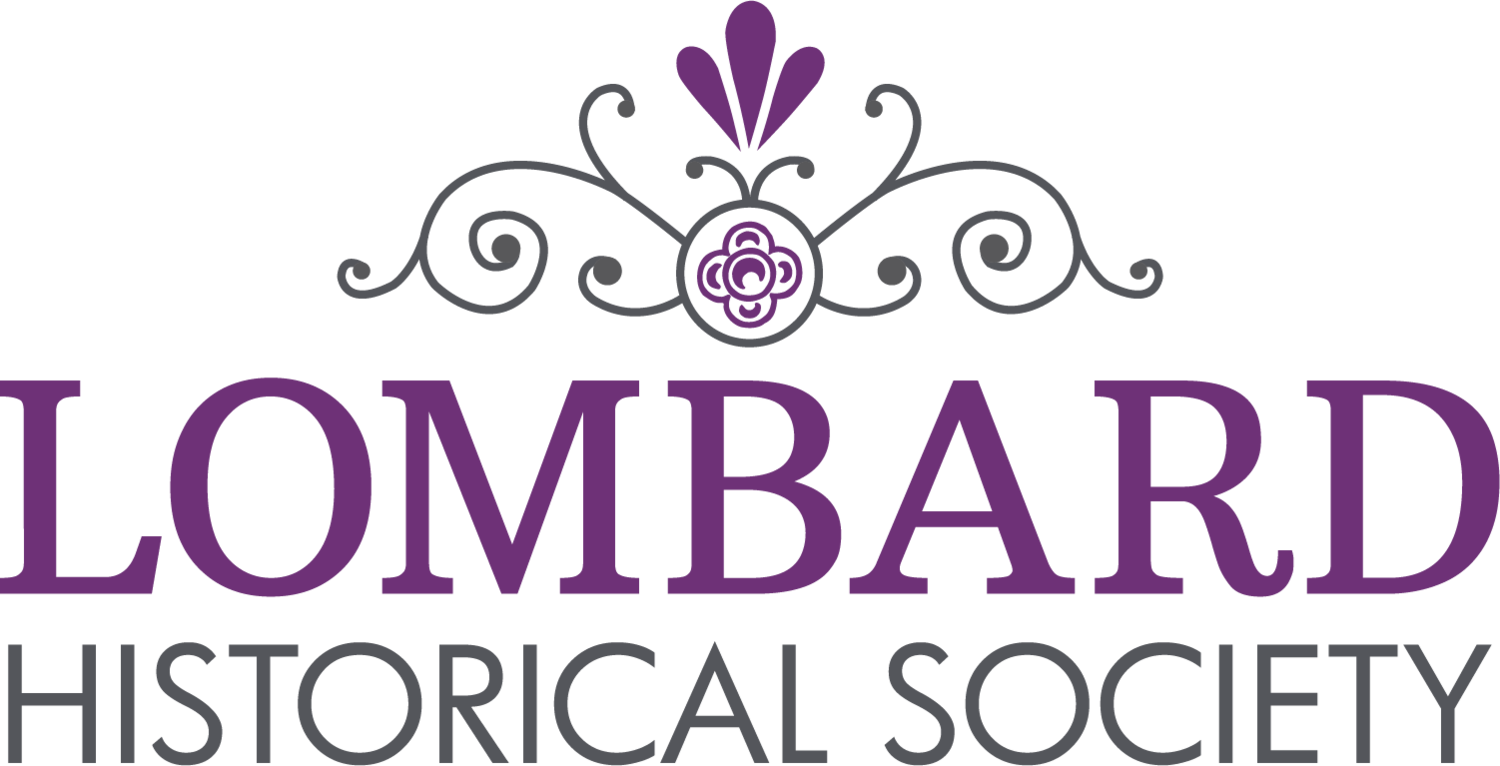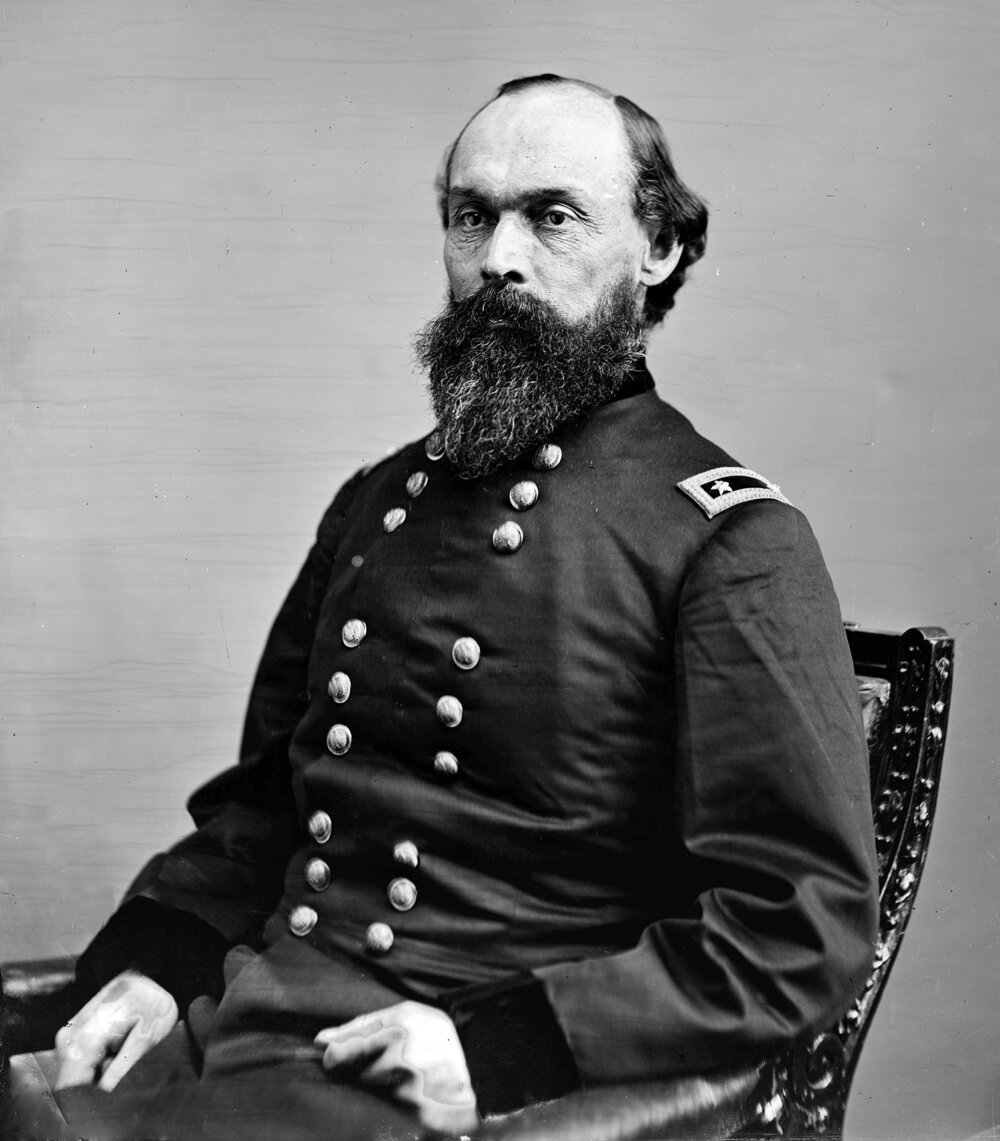Juneteenth: A History
/When asked when and how slaves were freed in the United States, most people answer with when the Emancipation Proclamation was created. With a fell swoop of his pen, President Abraham Lincoln freed the slaves on January 1st, 1863. But when we look closer at this document, it only freed the slaves in the Confederacy where Lincoln’s authority was not recognized. Those states still in the Union were allowed to keep people enslaved.
It would take two years after the Emancipation Proclamation went into effect for those who were enslaved in the south to learn they were free
Major General Gordon Granger
United States Library of Congress
On June 19th 1865, Major General Gordon Granger arrived in Galveston, Texas informing the waiting crowd the Civil War was over. He read General Order Number 3 which states
"The people of Texas are informed that in accordance with a Proclamation from the Executive of the United States, all slaves are free. This involves an absolute equality of rights and rights of property between former masters and slaves, and the connection heretofore existing between them becomes that between employer and hired laborer."
This anniversary became the holiday Juneteenth.
Starting the next year, people gathered on Juneteenth to celebrate their freedom. Early celebrations were barred from public parks because of segregation laws. Black leaders worked together to raise funds to purchase lands for their own park. Booker T. Washington Park in Limestone County, Texas was created out of one such effort and was established as a place to celebrate Juneteenth. In other places, Juneteenth celebrations were held at churches. People traveled back to Galveston as pilgrimage. There was food and drink and baseball games, but it was also a time for education and growth to learn what was truly being celebrated.
An early celebration of Emancipation Day (Juneteenth) in 1900
The Portal to Texas History Austin History Center, Austin Public Library
Sign for the "colored" waiting room at a bus station in Durham, North Carolina, May 1940
United States Library of Congress
However, due to continued political and economic disenfranchisement, in the early 1900s there was a decline in Juneteenth Celebrations. Jim Crow laws ensured Black citizens were excluded from the political process. Schools made brief, if any, mention of the Major General Granger’s arrival in Texas and instead focused on the Emancipation Proclamation. Many of the celebrations were still localized to Texas. There was little interest in learning about this important day outside of the Black Community.
When the United States was gripped by the Great Depression, many Black families began to move from farms and rural areas to urban centers. They were seeking new job opportunities and traveled across the country as part of the Great Migration. The knowledge and traditions of Juneteenth began to spread across the country.
During the Civil Rights Movement, there was a resurgence of the holiday. Activists focused on the elimination of discriminatory Jim Crow laws, and connected the struggle for equal rights to the fight to end chattel slavery. As people gathered for the Poor Peoples’ March to Washington D.C, they brought back to their communities more of the history of Juneteenth and started celebrating in areas where previously they had not been held. Today two of the largest Juneteenth celebrations are in Minneapolis, MN and Milwaukee, WI, drawing tens of thousands of people each year for their festivals.
Demonstrators in the Poor People's March at Lafayette Park and Connecticut Avenue in Washington, D.C. in June 1968,
United States Library of Congree
Texas, the birthplace of Juneteenth, also continues to host large Juneteenth events and contribute to its resurgence. In 1980, Texas recognized Juneteenth by making June 19th an official state holiday. In 1996, the first legislation was introduced for the United States Congress and was passed as a joint effort in 1997. The National Juneteenth Observance Foundation continues to work to mark Juneteenth as a National Holiday. To learn more about their efforts visit http://www.nationaljuneteenth.com/
Flyer for 2019 Juneteenth Celebration in Minneapolis, MN
http://www.minneapolisunions.org/mlr2019-05-31_juneteenth.php,
How can you celebrate Juneteenth? By learning and listening. Part of the early celebrations were listening to the elders of the communities and learning about the horror faced by those in chattel slavery. If you are unsure of where to start, Penguin Random House publishers have created a curated list of fiction and non-fiction works by Black authors that can be found at the link below. This is not an exhaustive list and there are many more resources to start or continue education on Juneteenth and other issues affecting the lives of Black people in the United States. https://www.penguinrandomhouse.com/the-read-down/juneteenth
Today many places, including Lombard Historical Society, have Juneteenth celebrations. We have marked the day in the past by gathering at the Sheldon Peck Homestead and listening to the history of the Underground Railroad; learning the uncomfortable and terrible history. Looking back as a country, we have made strides towards the equality Sheldon Peck, Sojourner Truth, and other abolitionists of the mid-1800s, worked for and envisioned. But Juneteenth is also about recognizing how far we still have to go.
This year we are bringing more awareness to the stories of Lombard. Throughout the week, we will be highlighting a different story of Lombard each day leading up to Friday, where we will have a guest writer and other activists sharing what Juneteenth means to them.
Juneteenth is an Independence Day, just as important as the Fourth of July. Abolitionist and Black Activist, Frederick Douglass, said it best, “What, to a slave, is the fourth of July?”
Written by Lombard Historical Society Education Coordinator: Rae Slowik
Sources:
https://www.tsl.texas.gov/ref/abouttx/juneteenth.html
https://www.smithsonianmag.com/history/juneteenth-our-other-independence-day-16340952/ https://www.juneteenth.com/history.htm
Garrett-Scott, Shennette (2013). ""When Peace Come": Teaching the Significance of Juneteenth". Black History Bulletin. 76 (2): 19–25.
https://www.blackpast.org/african-american-history/speeches-african-american-history/1852-frederick-douglass-what-slave-fourth-july/







